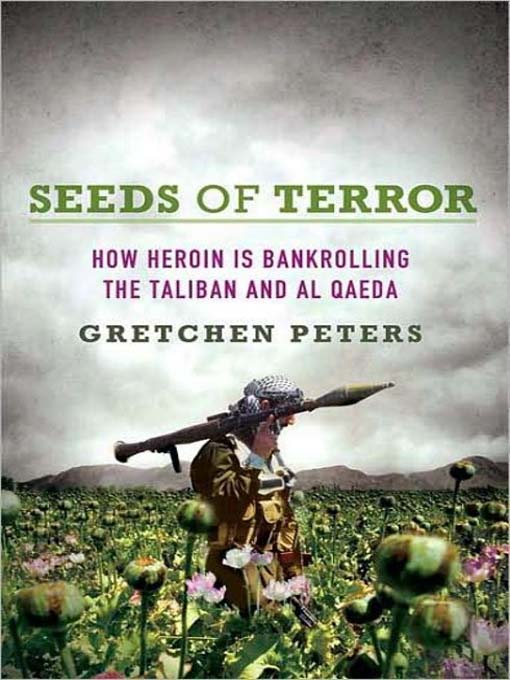
Seeds of Terror
How Heroin Is Bankrolling the Taliban and Al Qaeda
فرمت کتاب
audiobook
تاریخ انتشار
2009
نویسنده
Laural Merlingtonناشر
Tantor Media, Inc.شابک
9781400182930
کتاب های مرتبط
- اطلاعات
- نقد و بررسی
- دیدگاه کاربران
نقد و بررسی

Author Gretchen Peters's 10 years of on-the-ground research and immersion in the cultures of Afghanistan and Pakistan are evident in her depth of knowledge regarding the Taliban and its developing interconnections with Al Qaeda. Both are experiencing a strong and sinister resurgence based less on religion and ideology than on the huge profits of the heroin trade. Narrator Laural Merlington is a particularly apt choice. Her mature, steady voice is totally credible as she presents the straightforward and detailed picture Peters creates. The author's clear writing, coupled with Merlington's clear delivery, allows the listener to absorb the complexities and implications of an emerging narco-state that is aligned with a terrorist movement. This is a particularly timely text, well written and well presented, fascinating and frightening--a definite must-read. M.O.B. (c) AudioFile 2009, Portland, Maine

February 16, 2009
Journalist Peters draws on 10 years of reporting from Afghanistan and Pakistan for this important examination of “the nexus of smugglers and extremists” in the global war against terrorists. Citing firsthand testimony, classified intelligence reports and specialized studies, Peters builds a solid case for her contention that the “union of narco-traffickers, terrorist groups, and the international criminal underworld is the new axis of evil.” Ground zero is Afghanistan, where the rejuvenated Taliban depend on opium for 70% of its funds and there is “overwhelming circumstantial evidence” of Osama bin Laden’s involvement in the drug trade. Peters argues that the failure to halt this money flow to terrorist networks is “the single greatest failure in the war on terror,” and warns that stanching the flood of drug money into terrorist coffers is essential. The author offers a less-than-convincing strategy to sever the link, including “military strikes against drug lords,” “alternative-livelihood programs” for small farmers, regional diplomatic initiatives and a public relations campaign. Prescriptions aside, Peters has exhaustively framed one of the thorniest problems facing policy makers in this long war.

























دیدگاه کاربران